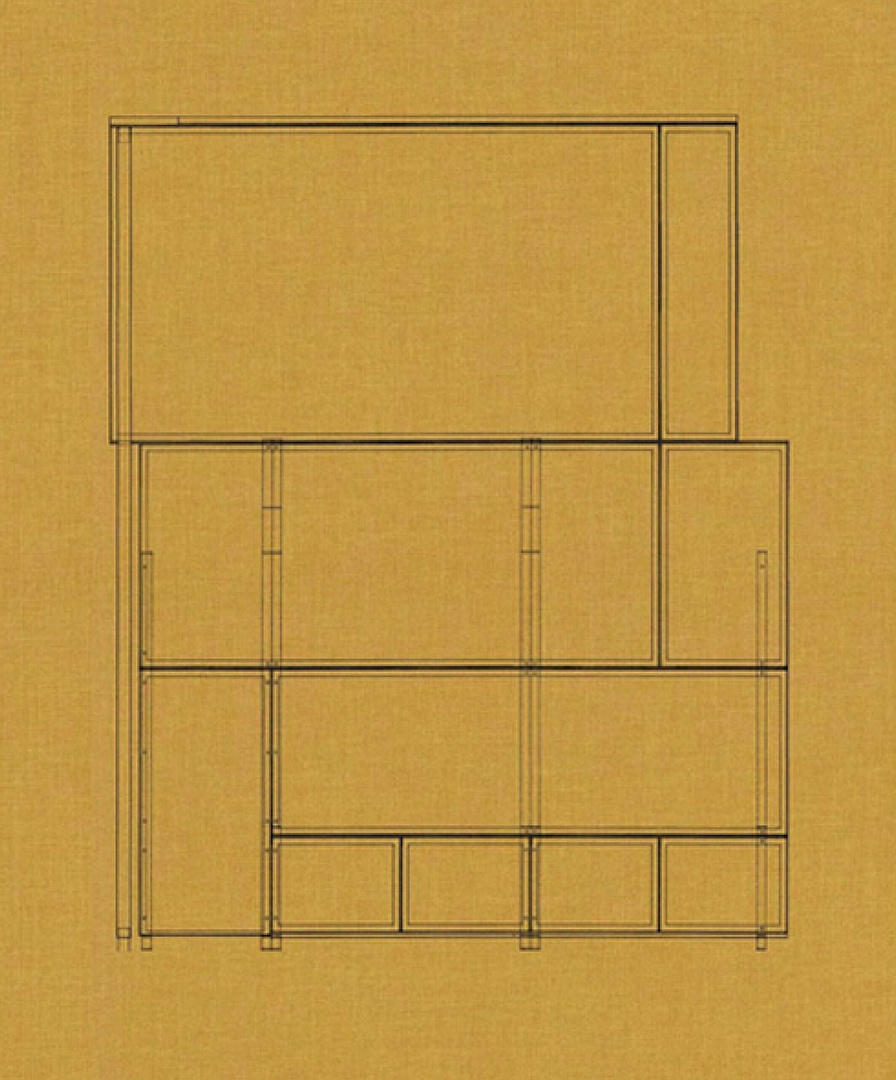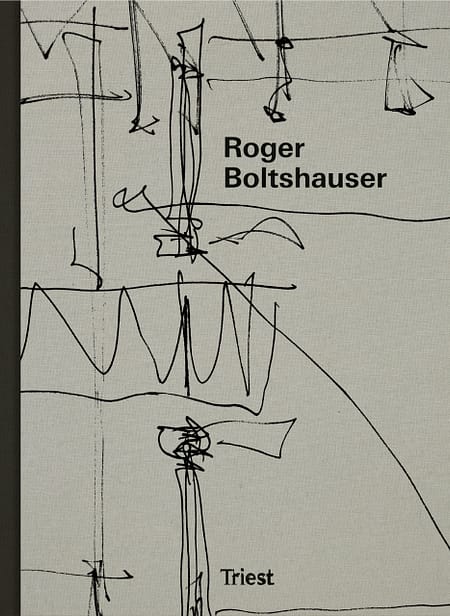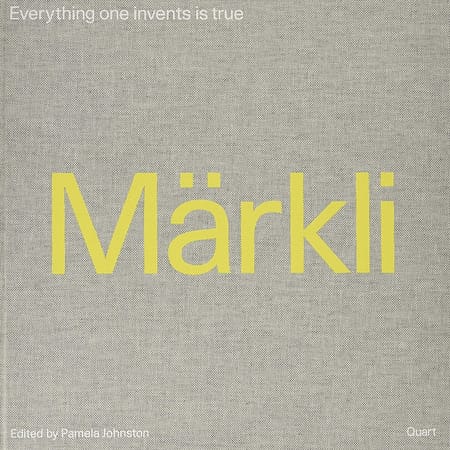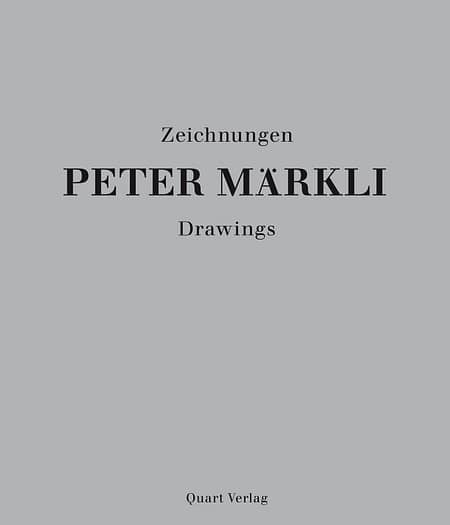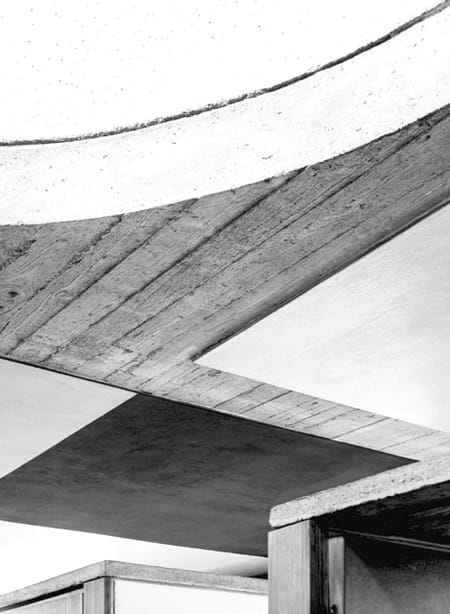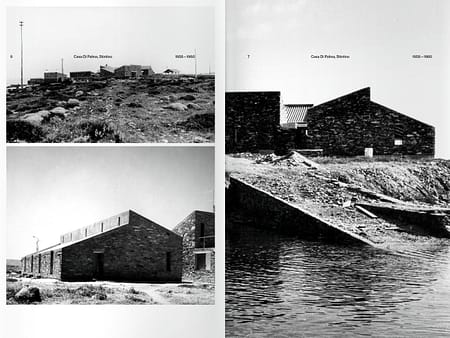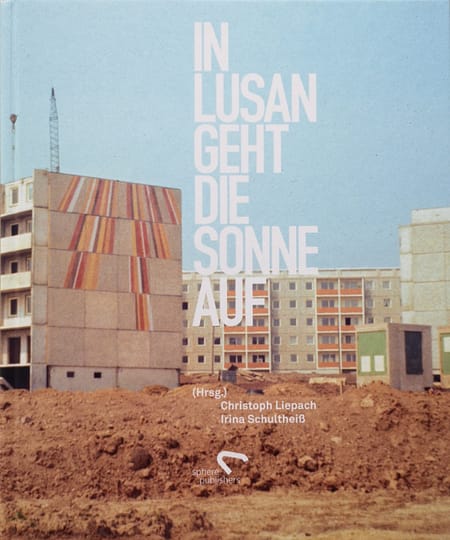The first volume of a collected works, this book covers fifteen years of Caruso St John, one of the most highly acclaimed and influential contemporary architectural practices. Following a thematic course shaped around key phases and aspects of their thinking, this extensive volume offers a detailed reflection on the practice’s activities between 1990 and 2005. Through a chorus of voices including critics, clients, and artists, it narrates their early emergence and development through to the international recognition which came with projects such as Nottingham Contemporary, The New Art Gallery Walsall, and the Brick House, with the latter two both being shortlisted for the Stirling Prize.
Detailed accounts of early projects and competition entries, with unseen drawings and new commentaries by Adam Caruso and Peter St John, are presented here accompanied and contextualised by inventories of references from across architecture and contemporary art, together with new and archival texts capturing each project’s formation and reception. With an open and reflexive structure, the book offers both an accessible introduction and a detailed, cross-referential constellation of ideas, images, influences, and documentation. Diverse projects such as the progressive reiterations of Peter St John’s home at Orleston Mews and the signage system for London’s Bankside sit in dialogue with more well-known buildings. Bringing together the renowned and the minor, the peripheral and the spectacular, the ugly and the beautiful, this essential book – the first comprehensive monograph on the practice – embodies Caruso St John’s belief that the contemporary world is composed not solely of the new but of everything that has come before. It illuminates a vision of the built environment as a network of culture, memory, construction, and emotion, and articulates an architecture that inhabits and evolves with that fluctuating whole.
